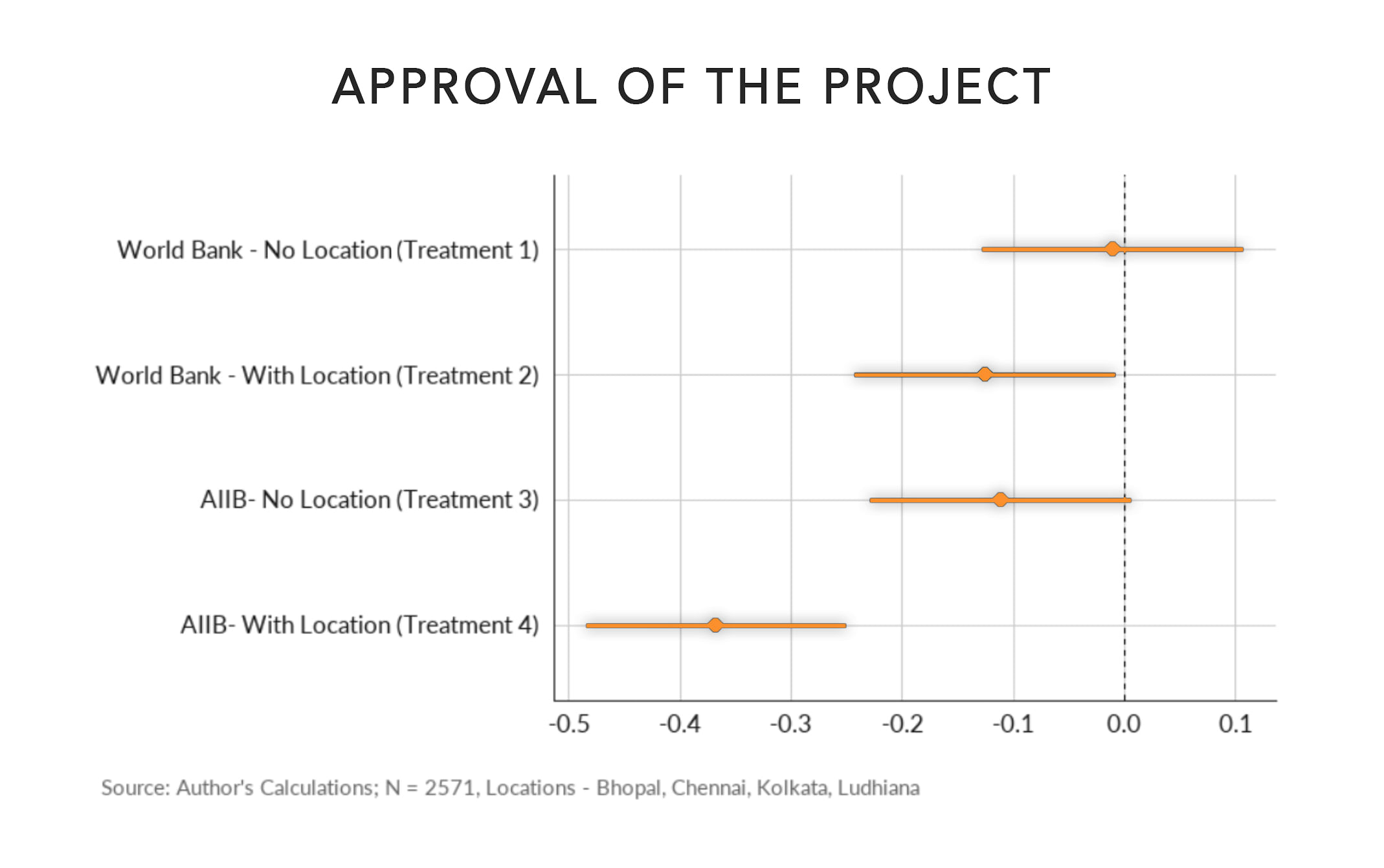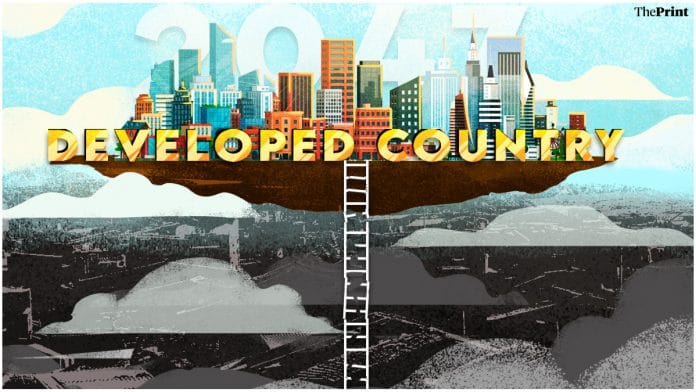India is rapidly building new hard and soft infrastructure to achieve the central government’s ambitious goal of attaining developed country status by 2047, the first centenary of Independence from British colonialism. Keeping its focus on ensuring growth, the ruling NDA in its recent interim Budget promised to spend nearly $134 billion on infrastructure. The allocation in the sector has been raised by 11.1 per cent compared to the year before, despite populist pressures to do otherwise before the Lok Sabha elections in May. Over the past five years, the country’s infrastructure pledges have increased three times; they hovered around $40 billion in 2019.
Multilateral Development Banks (MDBs), such as the World Bank, are supporting the government’s plans by providing substantial financial and technical assistance to the government. Indeed, India has usually been the biggest recipient of such backing from both the US headquartered World Bank and the Beijing-based Asian Infrastructure Investment Bank (AIIB) in recent years.
To understand what Indians think about who is building their roads, bridges and metro lines, and who would they like the most to do this job, we conducted a survey in four cities—Bhopal, Chennai, Kolkata, and Ludhiana. We asked approximately 2,500 respondents whether they preferred their local government to build a hypothetical transport project alone or if they would want MDBs to contribute to financing.
Surveys in other countries suggested that the involvement of MDBs might be more popular than having the local government solely execute such projects. Helen Milner, Daniel Nielson, and Michael Findley (2016) found in Uganda that people preferred MDBs for public works because they believed international financial institutions would curb domestic corruption.
Our survey in India shows different results. Respondents were most likely to approve and trust a developmental project funded and delivered solely by their local government. The difference in responses was stronger when we told respondents the physical location of MDBs (Washington DC or Beijing).
Also read: India-Bangladesh launch 3 big projects, Modi’s praise for Hasina can keep her in power
Preference for local government
The respondents in urban Punjab, West Bengal, Madhya Pradesh, and Tamil Nadu represent the political, lingual, religious, and geographical diversity. Yet, they demonstrated similar preferences for local government.
During the survey, we described an imaginary development project to the respondents, and randomly administered to each respondent one of five treatments. The first such treatment focused just on the local government being the implementer. We then focused on two development banks whose largest donor recipient is India, namely the World Bank and the AIIB. We read a short version of the relevant bank’s description of itself in one treatment. And added the name of the city where the Bank is headquartered in another treatment.
Figure 1: Approval for the project

Figure 1 shows approval ratings for the hypothetical project. It is important to note that the graph shows the mean approval ratings relative to the local government. Hence, points to the left of 0 indicate lower approval compared to that for the local government. Additionally, the lines surrounding the points represent the 95 per cent confidence intervals, indicating significance of the results.
Contrary to findings in other countries, where voters prefer international funding for projects over strictly domestic funding, our sample has the highest approval for the project when undertaken solely by the local government (marked by the dotted vertical line). Respondents showed less support for international involvement when the bank’s location was not included in the survey. However, when locations were included, there was a significant drop in approval for funding from both banks.
Perceptions of developmental aid
In the study done in Uganda, populations preferred foreign financing over solely domestic financing irrespective of the donors; namely the World Bank, the African Development Bank, the government of the United States, the government of China. This preference was attributed to foreign aid being perceived as less susceptible to corruption and clientelism. The researchers noted that this bias against local government financing might change as a country becomes wealthier and more democratic.
Our findings indicate that while Indians are generally the most accepting and trusting of development projects financed and implemented by their own government, they think of financing associated with the US to be of higher quality. This is an intriguing finding as it suggests that the difference is due to perceptions of who built the project and not differences in the perceived quality of the “output”.
Similarly, for projects with financing associated with China, the ratings for perceived quality decline. Indian perceptions of foreign funding are heavily influenced by their views of the country heading the MDB, as can be seen in the case of AIIB (China), with lower approval and support for the local government receiving the financing.
In summary, our research highlights a clear preference among Indians for local government-led development projects over those involving multinational development banks. This preference remains consistent across diverse states, indicating a strong trust in domestic institutions. Furthermore, our findings underscore the influence of donor identity on public perception, with attitudes toward funding sources being shaped by pre-existing views of the donor country. This is further seen as approval and trust ratings have small and insignificant differences from the local government in treatments where location is not specified.
Understanding the strong trust of Indians in domestic institutions is crucial for effective policy-making and infrastructure development as the country progresses toward its goal of becoming a developed nation by 2047.
Mark Hallerberg is Professor of Public Management and Political Economy, Hertie School, Berlin. Sahil Deo is Co-Founder at CPC Analytics, a data-driven public policy consulting firm. Om Marathe is a Research Analyst at CPC Analytics. Jayati Sharma is a Research and Data Analyst at CPC Analytics. Views are personal.
(Edited by Ratan Priya)






